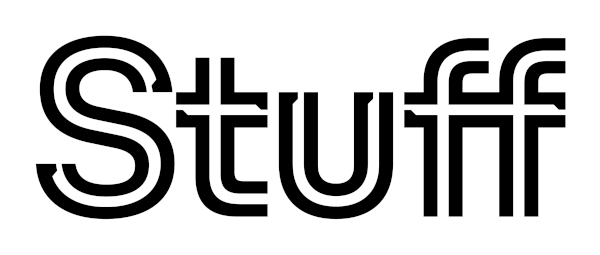
A woman gave birth to a baby in a bathroom at Middlemore Hospital, then put him in a sanitary bin. (File photo) Photo: LDR / Stephen Forbes
A young woman cannot remember giving birth to a baby in a hospital bathroom before disposing of his body in a sanitary bin, a court has heard.
The woman, who cannot be identified, previously admitted concealing the dead body of a child.
The conception of the child is likely to have been a traumatic event which led to the woman not being able to remember, the court heard.
On Monday, she was granted permanent name suppression and was convicted and discharged at the Auckland District Court by Judge Stephen Bonnar.
Judge Bonnar said it was not without regret that he had to decline her lawyer's application for a discharge without conviction, but was satisfied the conviction was punishment enough.
"A life has been lost. Why it was lost we will never know. But the fact you concealed the birth and death of your child must involve an inherent level of seriousness," Judge Bonnar said.
All parties agreed this is a tragic and difficult case.
"I have a huge degree of sympathy for the mental health issues you have suffered and may continue to suffer," Judge Bonnar said.
"I hope you're able to put this behind you, move on in your life. You have a lot to give and a lot to offer. This need not determine who you are and what you do. This is a tragedy, but it is a tragedy I hope you overcome," he said.

Judge Stephen Bonnar sentenced the woman at the Auckland District Court. (File photo) Photo: STUFF / Lawrence Smith
The woman has since been formally diagnosed with dissociative amnesia, which happens when a person blocks out certain information, usually associated with a stressful or traumatic event.
The woman's lawyer, Emma Priest, said this was an unprecedented case.
"She is a victim before she is an offender," Priest said.
If her name was published it could have a significant negative impact on her mental health - a rapid return of her memory could come back, the court heard.
"She is preparing for that as best as she can."
Prosecutor Freddy Faull accepted this was a unique and difficult case.
"A conviction remains an appropriate response to mark the tragic occasion of this offending ... it involved concealing the remains of a dead child," Faull said.
Even with a conviction, the woman would still be able to gain employment and continue with the development of her health business, Faull submitted.
Judge Bonnar said there was no evidence a conviction would lead to her and her family being shunned from their community.
In August 2021, the woman's parents drove her to Middlemore Hospital after she began suffering intense abdominal pain and vaginal bleeding.
The woman was pregnant, although not visibly.
"There is no evidence that the defendant was aware she was pregnant before going to hospital," court documents said.
Sometime between 5:22am and 7:40am, she used the bathroom. There, she gave birth to a baby boy, before placing his body in the sanitary waste bin.

Defence lawyer Emma Priest sought for the woman to be discharged without conviction. Photo: STUFF / David White
She then used the handheld shower to clean the entire room.
Shortly after 9am, a cleaner found the dead baby boy - still attached to the placenta - in the sanitary bin.
The discovery was "immediately suspicious".
The woman was examined and doctors found injuries which were consistent with recent childbirth.
She denied recently giving birth and maintained she was not pregnant as she was not sexually active.
DNA testing confirmed the baby boy was the biological child of the woman and was about 33-34 weeks' gestation.
It was unable to be determined how long the baby survived post-delivery or whether he died straight after birth.
Some weeks later, the woman was referred to the Counties Manukau maternal mental health team.
Where to get help:
Need to Talk? Free call or text 1737 any time to speak to a trained counsellor, for any reason.
Lifeline: 0800 543 354 or text HELP to 4357
Suicide Crisis Helpline: 0508 828 865 / 0508 TAUTOKO (24/7). This is a service for people who may be thinking about suicide, or those who are concerned about family or friends.
Depression Helpline: 0800 111 757 (24/7) or text 4202
Samaritans: 0800 726 666 (24/7)
Youthline: 0800 376 633 (24/7) or free text 234 (8am-12am), or email talk@youthline.co.nz
What's Up: free counselling for 5 to 19 years old, online chat 11am-10.30pm 7days/week or free phone 0800 WHATSUP / 0800 9428 787 11am-11pm Asian Family Services: 0800 862 342 Monday to Friday 9am to 8pm or text 832 Monday to Friday 9am - 5pm. Languages spoken: Mandarin, Cantonese, Korean, Vietnamese, Thai, Japanese, Hindi, Gujarati, Marathi and English.
Rural Support Trust Helpline: 0800 787 254
Healthline: 0800 611 116
Rainbow Youth: (09) 376 4155
OUTLine: 0800 688 5463 (6pm-9pm)
If it is an emergency and you feel like you or someone else is at risk, call 111.
This article was originally published on Stuff.




